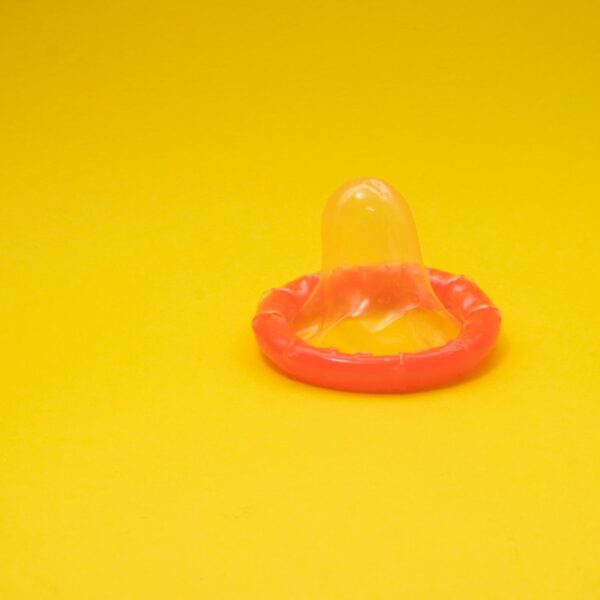Masturbation is generally considered healthy, and there is no definitive number of times a day that would be too much. However, masturbation can become unhealthy when it becomes a need instead of a choice, and when it interferes with daily life and relationships.
In moderation, masturbation can provide numerous health benefits, including pain relief and anti-stress activities. It can also help to reduce the risk of prostate cancer, as evidenced by a recent study.
1. Two to three times a day
Masturbation is a necessary part of the human experience. It is healthy and normal and provides a lot of pleasure for people who enjoy it. It can relieve stress, and it is said to help with insomnia if done before sleeping – This section was conveyed by the website Temptation Tales. It is also a great way to explore the body. Masturbation can be done by hand, with a toy, or even with one’s own genitals. It is important to experiment with different methods of masturbation so that one can find the one that works best for them.
Whether or not someone is masturbating too much depends on their personal preferences and circumstances. It is only considered problematic if masturbation is interfering with daily activities and relationships. It may be time to consider a sex therapist if this is the case for a person.
For most people, two to three times a day is fine. It is important to remember that masturbation should always be done in privacy and with care. People who are new to masturbation may want to start with a lower frequency and then gradually increase it as they get more comfortable. It is also a good idea to take breaks from masturbation from time to time so that the clitoris can rest. It is not uncommon for the clitoris to become sore from over-stimulation.
2. Four to six times a day
There is a lot of variety in how many times a day men masturbate. Some masturbate daily, some masturbate rarely or never, and most fall somewhere in between. Generally, experts don’t think there’s such a thing as too much masturbation, as long as it isn’t interfering with a man’s work life, relationship, or mental and physical well-being.
While the amount of masturbation is not an indicator of whether or not someone has a problem, it can be helpful to talk to a therapist about how you engage in masturbation. If it’s a major source of distress for you, it’s worth looking into therapy options that focus on sexual health and wellbeing.
For most women, masturbation is totally normal. In fact, gynecologists agree that it’s a healthy and safe form of self-pleasure. It also helps with pain relief, keeps the clitoris in good condition, and promotes orgasms.
But there is a point at which masturbating too much starts to become problematic. “Masturbation can be problematic when it begins to interfere with a woman’s work, school, or social life,” Levkoff says. It can also be harmful when it’s accompanied by anxiety or depression. If you’re feeling distressed, a therapist can help you find ways to cope. As a general rule, masturbation should be enjoyable, not something you do out of habit. Experimenting with different positions and sex toys can keep things fresh, too.
3. Eight to ten times a day
While masturbation is a perfectly natural and healthy habit, it can also become problematic for some people. In the worst cases, it can interfere with one’s professional and personal life and negatively impact relationships and sex life. In addition, masturbation can lead to compulsions like binge-watching porn and can increase the risk of sexually transmitted diseases.
If masturbation becomes an obsession, there are several ways to treat the issue. The first step is to identify if you’re masturbating too much by looking at how it affects your daily routine. If masturbating starts interfering with your work, causes you anxiety or sleep issues or makes you feel uncomfortable or self-conscious when out in public, it’s time to take action.
In addition, if you’re masturbating at least eight to ten times a day and it isn’t leading to sexual feelings or excitement in your life with a partner, you may need to scale back on your masturbation. A therapist can help you develop a healthier masturbation routine that will not interfere with your romantic relationship or personal and sexual life.
Masturbation is a great way to relieve stress, improve your mental and physical health, maintain erection function, reduce the risk of prostate cancer and improve sperm motility. It’s important to do masturbation in a safe environment and only at the right time to avoid damage to the penis.
4. Twelve to fifteen times a day
Masturbating too much or masturbating in ways that aren’t healthy can have negative effects on your life and relationships. Compulsive masturbation can lead to a number of problems, including low self-esteem, sexual anxiety and depression, lack of interest in sex, and even erectile dysfunction. If you notice that masturbating is causing you mental, physical or relationship distress, it’s time to take a step back and change your habits.
There is no real right or wrong answer when it comes to how often you should masturbate. Some people masturbate daily, while others only masturbate a few times a week or month. It all depends on how it feels for you and how many benefits you gain from it.
When masturbating properly, the concept of time should be out of mind and you should pleasure yourself as long as it feels good. However, you should be careful not to exceed five minutes at a time since that is when the body begins to switch off and become less responsive.
For men, regular masturbation can help to reduce erectile dysfunction and increase sexual performance. It can also be helpful in preventing depression and anxiety as it has been shown to improve levels of serotonin. In addition, masturbation can relieve menstrual cramps and reduce PMS symptoms in some women. It can even help you sleep better as it can increase the secretion of prolactin, which is necessary for a restful night’s sleep.




Leave a Comment